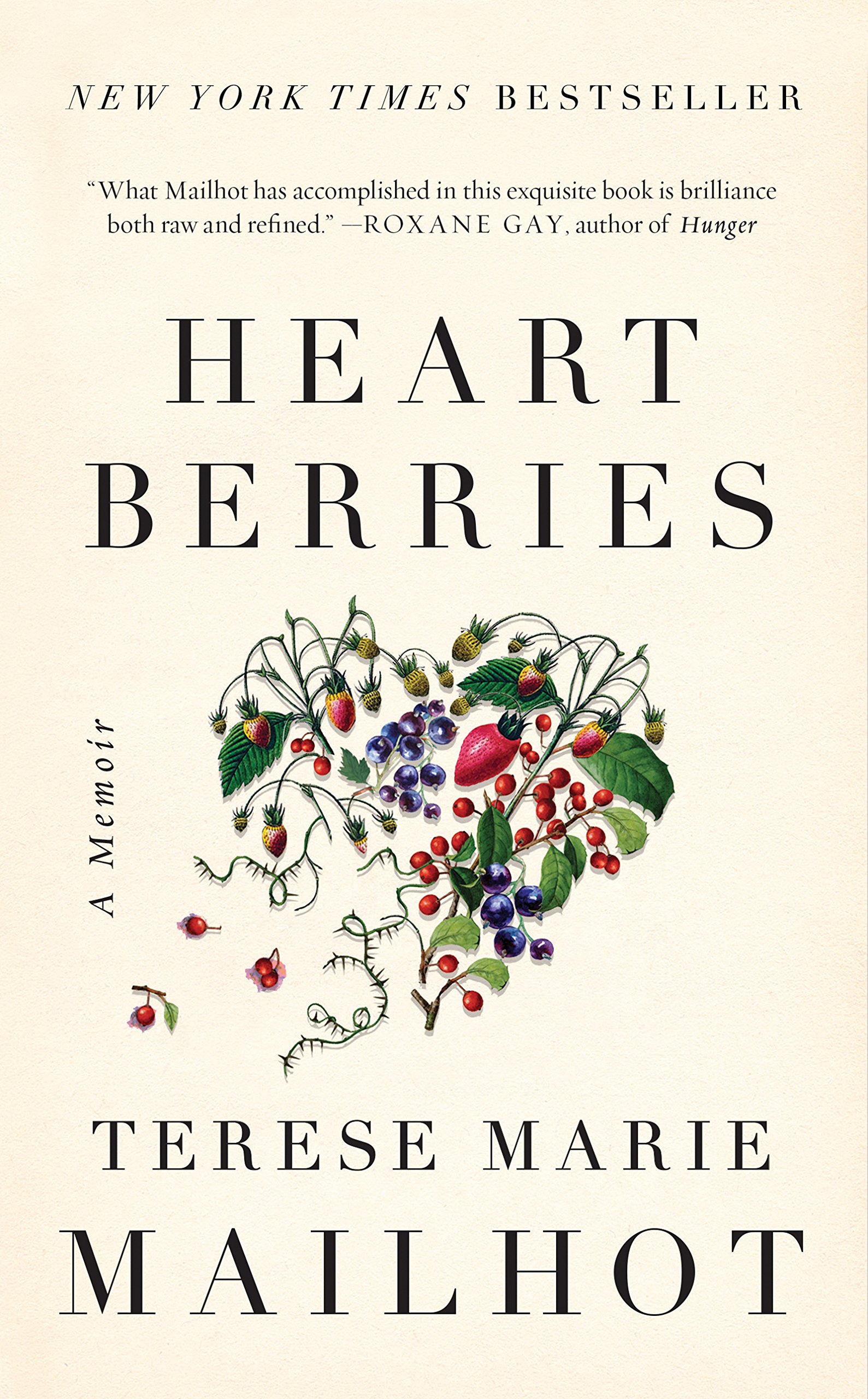Terese Marie Mailhot graduated from the Institute of American Indian Arts with
an MFA in fiction. Mailhot’s work has appeared in The Rumpus, the Los Angeles
Times, Carve Magazine, and elsewhere. The recipient of several fellowships—including the SWAIA Discovery Fellowship, Vermont Studio Center Fellowship,
Writing by Writers Fellowship, and the Elk Writer’s Workshop Fellowship—she
was recently named the Tecumseh Postdoctoral Fellow at Purdue University and
resides in West Lafayette, Indiana. Heart Berries (Counterpoint, 2018), her first
book, was a New York Times bestseller.

-
Heart BerriesA Memoir
Our culture is based in the profundity things carry. We’re always trying to see the world the way our ancestors did—we feel less of a relationship to the natural world. There was a time when we dictated our beliefs and told ourselves what was real, or what was wrong or right. There weren’t any abstractions. We knew that our language came before the world.
 Heart Berries : A Memoir
Heart Berries : A Memoir -
Heart BerriesA Memoir
The spirits used to possess the people. We called it “Indian sick” and it was the first illness to be accounted for. It begins with want, with taking, and ends with a silence that hurts and makes us beg. There were stories about the cures and causes. Women tried to eat soapberries, or nothing, and talked about how we all had it coming. When the first children died it was too late to stop talking. When the beings took the women they bound them in blood. They were buried in wombs of sad memory. The only thing, the right thing—the thing that brought about our immunity—was the knowledge that something instinctual would carry us back. The awareness that our ancestors were watching was vital. I don’t feel the eyes of my grandmother anymore.
 Heart Berries : A Memoir
Heart Berries : A Memoir -
Heart BerriesA Memoir
I am familiar with death, and I remembered it was heavy to hold. My mother’s death was violent, internally. I remember once an elder skinned a rabbit in our yard. He wanted to teach me how to do it. He said so many times that a body is a universe. He slit the rabbit open and pointed with his knife to the thick parts of it. He said the word entropy. I remembered that when my mother died, a tube had stretched open the dry corners of her mouth. She was not given grace into the next world. When they pulled the tube from her throat, her lips were dry, and her mouth fell open.
Nothing is too ugly for this world, I think. It’s just that people pretend not to see.
 Heart Berries : A Memoir
Heart Berries : A Memoir
"A sledgehammer. . . Her experiments with structure and language . . . are in the service of trying to find new ways to think about the past, trauma, repetition and reconciliation, which might be a way of saying a new model for the memoir." —Parul Sehgal, The New York Times [on Heart Berries]
"Heart Berries is an astounding memoir in essays. Here is a wound. Here is need, naked and unapologetic. Here is a mountain woman, towering in words great and small . . . What Mailhot has accomplished in this exquisite book is brilliance both raw and refined." ―Roxane Gay, author of Hunger
“Heart Berries is a fierce and poetic memoir that grips you from the start and never lets go. Each page, paragraph and sentence is more gut-wrenching than the one before it. An illuminating account of grief, abuse and the complex nature of the Native experience, it is at once raw and achingly beautiful. Terese Mailhot is a truly fearless writer, and this little book is nothing short of a gift.” —Juan Vidal, NPR
Terese Marie Mailhot’s Heart Berries is one of the most important memoirs of the last five years. There is a purity to this nimble, jarring work. Mailhot writes with a fierce and unyielding commitment to creating an unlikeable—which is to say, fully human—female narrator, speaking to a larger project in contemporary memoir. The plot we follow is actually the narrator’s own mind; her intelligence, clarity, honesty, and complexity make this story riveting.